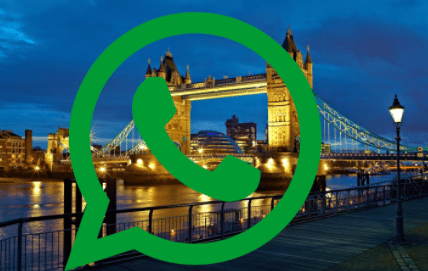The government of United Kingdom has started to pressurize the higher authorities in recent days regarding the issue of encrypted communications through mobile phones.
They have been demanding the power to undo these encryptions when it comes to the matter of national security. The terrorists have recently been found to be utilizing these applications as a method of planning for harmful acts.
After the terrorist attack that took place in London a few days ago, the UK government officials and security organizations have deemed these mobile applications as a hide out for attackers like these.

In collaboration with technical experts, they’ve made a point that these encrypted communication services such as WhatsApp need to have limited security layers on data to keep everyone safe.
After the incident involving a terrorist message WhatsApp encryption, which had a 52 year old Muslim man named “Khalid” was found online on WhatsApp minutes before the attack took place. He went on to play a leading role in murdering 4 innocent people near Westminster. The home security of Great Britain’s government made the following statement on BBC after the incident:
“We need to make sure that organizations like WhatsApp, and there are plenty of others like that, don’t provide a secret place for terrorists to communicate with each other.”

The demand for internal access into the secured applications has given fuel to the long forgotten debate of whether or not application creators and vendors should keep a backend door for security purposes, mostly to serve the security sectors of government.
An incident in the United States a couple of years ago also had a similar situation when the judge had to give an official order in the name of Apple authorities to write an iPhone unlocking code. This was for a mobile phone which belonged to one of the terrorists. The Brazilian government has also killed off WhatsApp in the region at multiple occasions causing huge losses to the company.
These terrorist attacks have once again reminded us all of the same old debate between the pros and cons of technology. About what level of privacy each and every one of us deserves. Either privacy or security? These questions have all being given a new life recently.



